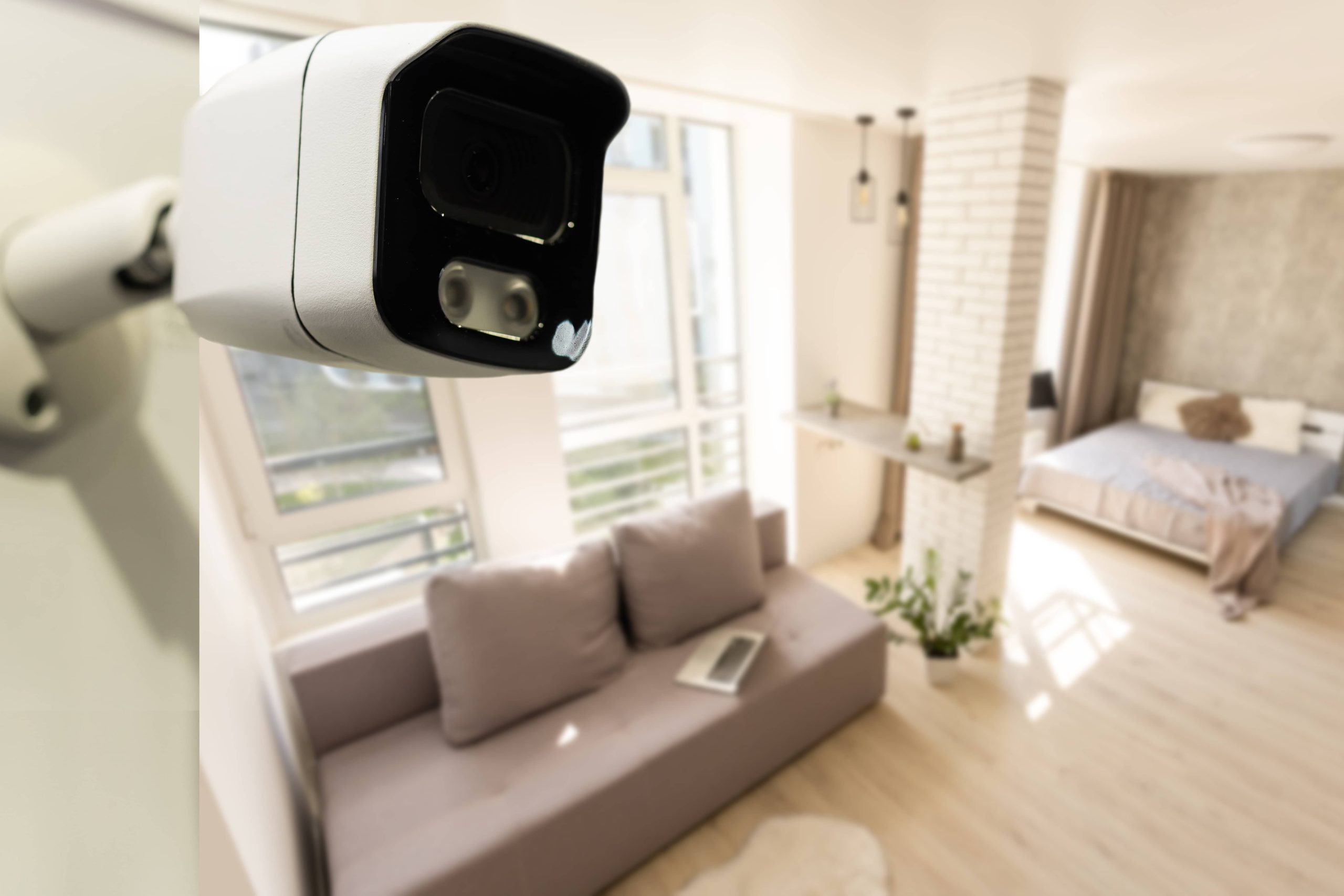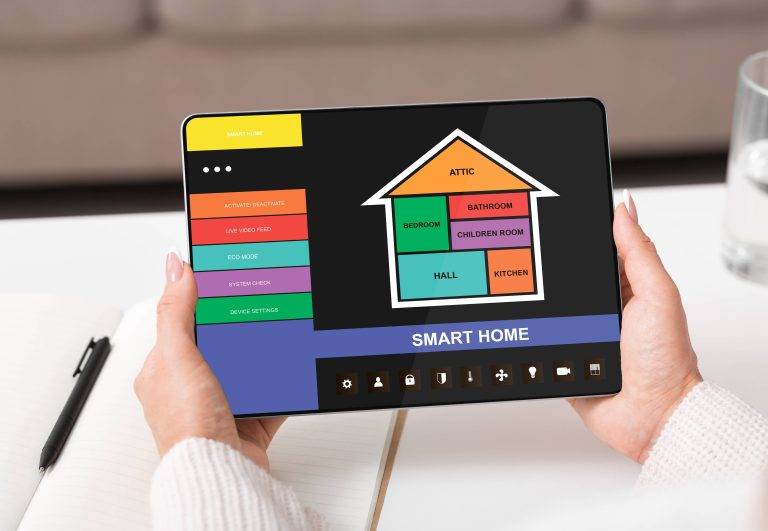
In an era increasingly dependent on the Internet of Things (IoT), the concept of a smart home is no longer confined to science fiction. Rapid advancements in technology have made it possible for homes to be more connected, more efficient, and more secure. One of the pivotal drivers behind the transformation in smart home security systems is Artificial Intelligence (AI). In this blog post, we will explore how AI is not only enhancing the functionality of smart home security systems but also reshaping our understanding of home safety and privacy.
Understanding AI in Smart Home Security
AI refers to systems or machines that mimic human intelligence to perform tasks and can iteratively improve themselves based on the data they collect. When integrated into smart home security systems, AI can process vast amounts of data in real-time to identify and respond to potential security threats more effectively than traditional systems.
Real-time Monitoring and Alerts: Overcoming Human Limitations
One of the most significant contributions of AI to home security is its ability to monitor environments continuously and analyze data in real-time. Traditional security systems rely on basic sensors and alarms that often produce false positives or lack the ability to distinguish between innocuous and suspicious activities.
AI-powered cameras and sensors, however, can discern between usual and unusual activities through machine learning algorithms. For example, they can differentiate between a family member entering the house and a potential intruder, thus reducing false alarms. Furthermore, they can recognize patterns and identify if someone is lurking around the premises repeatedly, something that might indicate a possible security threat.
Proactive Threat Detection and Prevention
Traditional security systems are designed to react to threats – alarms go off when a door is opened, or a motion sensor is triggered. AI changes the security paradigm from reactive to proactive. With predictive analytics, AI can identify potential vulnerabilities before they are exploited. For example, if a window is frequently left open, the system can notify the homeowner to take action before a break-in occurs.
Moreover, AI systems can constantly update themselves with the latest information about new tactics that criminals are using. This proactive stance ensures that the security systems are always a step ahead of potential intruders.
Facial Recognition and Biometric Authentication
Facial recognition technology is one of the standout features of AI in smart home security systems. These systems use AI algorithms to scan and memorize faces, granting access only to familiar individuals while alerting homeowners when an unknown person is near.
Biometric authentication extends beyond facial recognition to include fingerprint scanning and voice recognition. These technologies add an additional layer of security, making it much harder for unauthorized individuals to gain access. Because biometric traits are unique to each person, they are more secure than traditional password-based systems.
Integration with Other Smart Systems
AI enhances home security by integrating seamlessly with other smart home devices. For example, AI-powered security systems can communicate with smart lighting to turn on lights automatically in the event of a security breach, creating the illusion that someone is home. They can also sync with smart locks, ensuring that all entry points are secure once suspicious activity is detected.
Integration with smart assistants like Amazon’s Alexa or Google Assistant enables homeowners to control their security systems through voice commands. This ease of use ensures that the enhanced security features are accessible to all family members, regardless of their technical proficiency.
Enhancing Privacy: Addressing Concerns
While AI contributes significantly to enhancing security, it also raises valid concerns about privacy. Constant monitoring and data collection by AI systems might lead some to feel uncomfortable about potential surveillance. However, modern AI systems are designed with privacy as a priority. Data encryption, anonymization, and stringent access controls ensure that sensitive information remains secure.
Moreover, AI can be programmed to process data locally – on the device itself – instead of transmitting it to external servers. This approach, known as edge computing, significantly mitigates the risk of data breaches and ensures that users retain control over their personal information.
Future Trends: AI and the Next Generation of Smart Home Security
The future of AI in smart home security looks promising, with ongoing advancements poised to bring even more sophisticated systems. Here are a few trends to watch out for:
1. Behavioral Analysis: Future AI systems may use advanced behavioral analysis to understand the routines and habits of household members, further reducing false alarms and improving threat detection.
2. Natural Language Processing: AI can incorporate natural language processing capabilities to understand and respond to complex voice commands more accurately. This can also empower homeowners to customize their security settings without intricate interfaces.
3. Blockchain Integration: Combining blockchain technology with AI can enhance the security of data collected by smart home systems, ensuring that all interactions are recorded transparently and immutably.
4. Collaboration with Law Enforcement: Some AI systems will be designed for better collaboration with local law enforcement. For example, smart cameras could automatically share critical data with authorities in the event of a security breach, accelerating response times.
Conclusion
Artificial Intelligence is undeniably a game-changer in the realm of smart home security. With the ability to process information in real-time, predict and prevent threats, and integrate seamlessly with other smart systems – all while maintaining robust privacy protections – AI is setting new standards for home security. As technology continues to evolve, so too will the capabilities of AI-driven security systems, making our homes safer and smarter than ever before. In the grand landscape of smart home innovations, AI stands out as a pillar upon which the future of secure living will be built.







